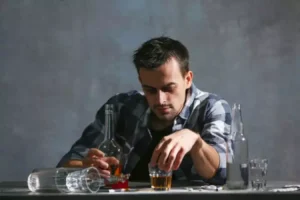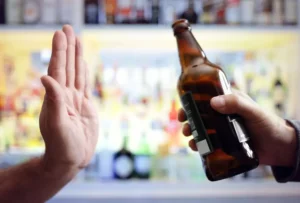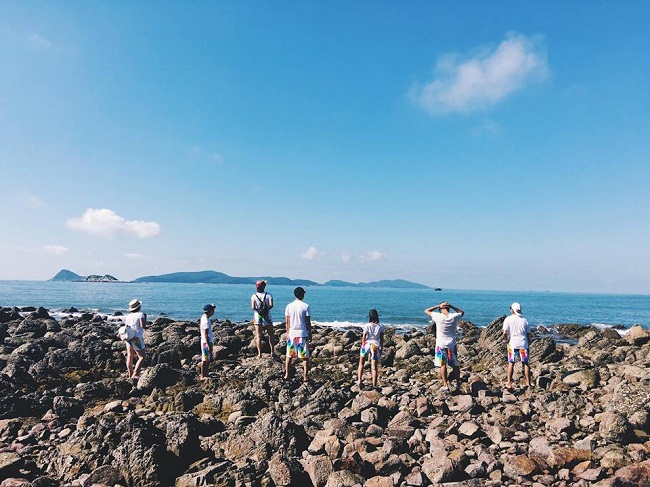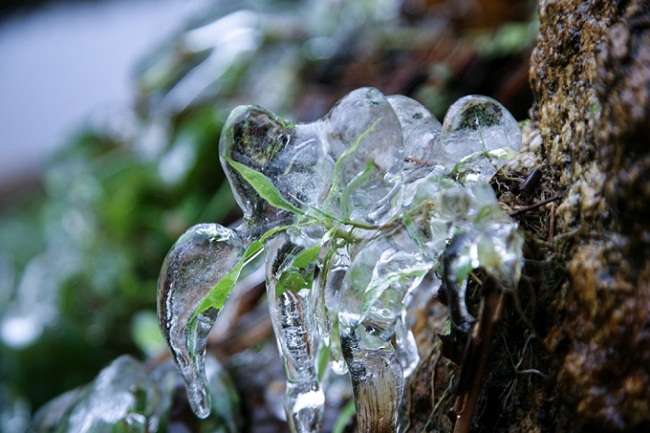
Dehydration, toxic chemicals, fluid and electrolyte imbalances, and more can all contribute to the development of a hangover. How long it takes to rehydrate after drinking depends on how much alcohol you have consumed and how much fluid volume and electrolytes your body lost. Using electrolytes while drinking alcohol may be especially beneficial for individuals with high blood pressure and other cardiovascular issues.

What are the symptoms of dehydration from alcohol?

Drinking water throughout the day and replenishing often when you lose extra fluids can lower the alcoholism symptoms risk of dehydration. Dehydration can also cause fatigue and drowsiness, which can increase the risk of accidents, particularly when driving or operating heavy machinery. This is because dehydration can cause a decrease in blood volume and low blood pressure, which can lead to reduced blood flow to the brain, causing fatigue and drowsiness. Dehydration can reduce muscle endurance and performance, making it more challenging to sustain physical activity for an extended period. This is because dehydration leads to a reduction in blood flow to muscles, limiting the delivery of oxygen and nutrients needed for muscle function.
Why does alcohol cause dehydration?
Sugary drinks don’t have the same problems, unless you have difficulty regulating your blood sugar. “For some folks with medical conditions such as diabetes, they urinate a lot already based on blood sugar level,” Mieses Malchuk does drinking wine dehydrate you says. “Therefore drinking a sugary alcoholic beverage can make it worse and cause dehydration.” Drinking a lot of low-alcohol drinks can also add up to a very thirsty evening, though. One standard drink, according to American Addiction Centers, should contain around 0.6 ounces of pure alcohol. You can get that amount from 12 ounces of beer with 5% alcohol, 8 ounces of malt liquor with 7% alcohol, one shot (or 1.5 ounces) of hard liquor with 40% alcohol, or 5 ounces of wine with 12% alcohol.
Doctors Say These Types Of Alcohol Dehydrate You The Most
Additionally, I examine the way mental and physical health as well as our relationships with others impact the reasons people drink and their role in maintaining sobriety long-term. Dehydration can impair physical coordination and reaction time, leading to an increased risk of accidents, such as falls or injuries. Reaching for hydrating beverages is the best way to alleviate a hangover’s unpleasant effects — but not every liquid fits this bill. Vitamin B12 helps increase your energy level and will help your body to function and recover properly from a night on the town. That’s why it’s so important to drink responsibly and have a hydration game plan in place (more on that later) for nights when you indulge.


It’s safe to say that if you drink a lot that will always cause a problem. Because a beer — consumed slowly — is the least https://ecosoberhouse.com/ dehydrating, it’s easy to jump to the conclusion that liquor is always the most dehydrating alcohol. In fact, a mixed drink can be more hydrating (okay, okay, less dehydrating) than taking a shot.
- Thirst, lightheadedness, and dark urine are three signs of dehydration, but there are many others to watch out for.
- A moderate amount equates to one glass of alcohol or less per day for females and two glasses of alcohol or less per day for males.
- However, due to how alcohol affects the production of ADH, you will still become dehydrated after drinking beer.
- The key to making sure a night out doesn’t turn into a head-pounding hangover is to drink plenty of water throughout, Mieses Malchuk says.
Symptoms of dehydration
Research published in Circulation found that potassium mitigates the adverse effects of alcohol on cardiovascular function and reduces the risk of high blood pressure. Consuming a meal containing plenty of healthy fats before drinking buffers alcohol absorption and allows more time to process and detoxify alcohol, which helps prevent dehydration. Consuming alcohol on an empty stomach causes rapid intestinal alcohol absorption, amplifying the dehydrating effects of alcohol. While drinking plenty of water is crucial to compensate for the fluid loss caused by alcohol, water alone will not hydrate you.
- Dehydration occurs when fluid loss is greater than fluid intake.
- Dehydration can cause headaches, muscle aches, brain fog, and fatigue, and hydrating with water and electrolytes helps restore fluid balance and can minimize the unpleasant aftereffects of alcohol.
- This can happen for many reasons, including diarrhea, excessive heat, and intense exercise.
- Binge drinking is when a person consumes an excessive amount of alcohol within a short period of time.
- “Stronger alcohol might provoke more dehydration, but it truly has not been studied enough to know for sure,” she says, pointing to a 2017 study published in Nutrients.
This test is for informational purposes only and is not a substitution for a diagnosis by a trained medical professional. If you score high on this test, it may be time to speak to your doctor about the next steps. Alcohol-induced oxidative stress and inflammation have also been linked to flare-ups of skin conditions like acne, psoriasis, and rosacea. For the men reading this, you might also be interested to learn about alcohol’s effect on testosterone levels. Interestingly, studies have shown that people over 50 overcome the suppression of ADH from alcohol more quickly than their younger counterparts.
When is Alcohol Dehydration an Emergency?

It is essential to be aware of these factors and take steps to mitigate the risks. The frequency and duration of drinking can also impact the dehydrating effects of alcohol. Choosing a lower – not necessarily a low – alcohol content drink can help you stay hydrated for longer.














